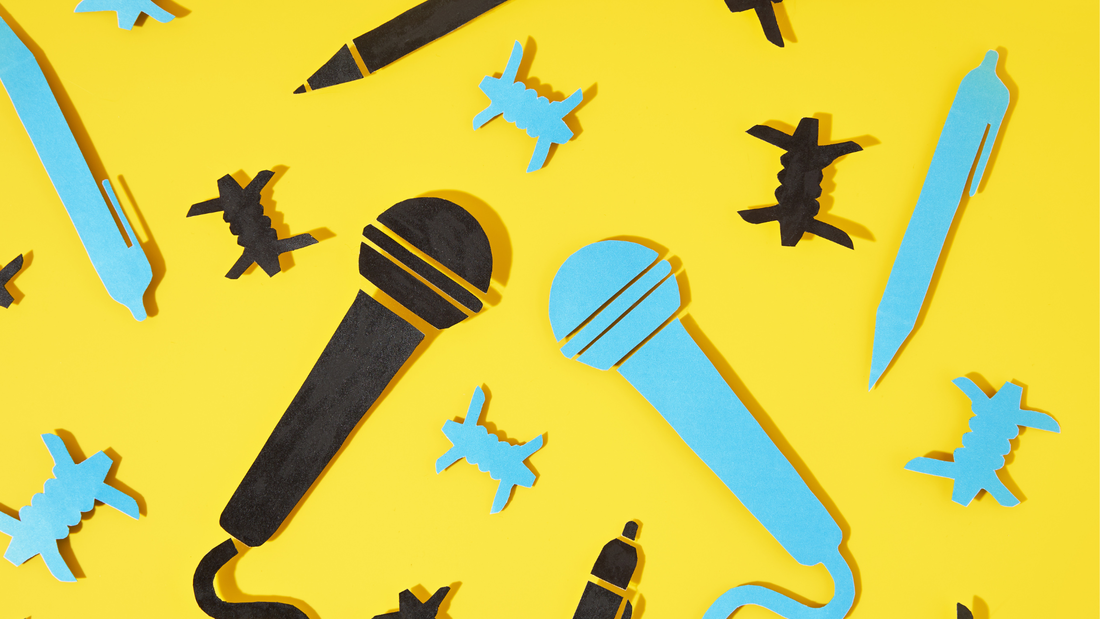|
Happy World Press Freedom Day! If you are a journalist heading out to do an interview, please be careful in your movements, your digital security, and the protection of your sources. In some countries, you might want to check under your car before starting the ignition.
But be advised that even these safety measures may not be enough to protect you. Like many declarations of the United Nations, the 30th anniversary of World Press Freedom Day is observed in the breach in many UN member countries. The UN Secretary General Antonio Guterres said that the number of journalists killed in 2022 was 50 percent higher than the previous year. UNESCO reports that in all, 86 journalists were killed last year. That’s a reporter killed every four days. In Mexico, where many journalists have been murdered, the government and the cartels are the most prolific users of Pegasus, surveillance software that can transform any smartphone into a comprehensive 24/7 surveillance device. This spyware reveals one’s texts, emails, images, and calendar, while turning a smartphone’s microphone and camera against its owner. The New York Times reports that Mexico’s federal spy agency has “targeted more cellphones with the spyware than any other government agency in the world.” And, of course, criminal actors have full use of this technology in much of the world. Cartels used Pegasus to track down journalist Cecilio Pineda Birto hours after he accused the state police force and local politicians of conspiring with violent criminals. He was gunned down while waiting for his car to come out of a carwash. Twenty-six Mexican journalists were targets of interest by a buyer of this technology in recent years. This is in keeping with Secretary Guterres’ statement that “90 percent of the journalists killed” are “covering local issues, human rights violation, corruption, illegal mining, environment problems.” He added that many of the killers “are not only state actors, they are organized crime, drug lords, environmental criminals.” In some parts of the world, the line between state actors and thuggery is nonexistent. Witness the ordeal of Evan Gershkovich of The Wall Street Journal, arrested on specious charges of being an American spy by the judicial puppets of the Vladimir Putin regime. Or Jimmy Lai, the Hong Kong publisher who bravely defied the Chinese Communist Party and has disappeared behind bars. In other parts of the world, journalists are intimidated by online attacks and loose libel laws that keep journalists legally and psychologically intimidated. Throughout, the marriage of increasingly potent surveillance technology and illiberal regimes is making the practice of journalism more difficult. This is true even in the United States. A Texas journalist was arrested for – get this – “misuse of official information.” A Wall Street Journal reporter in Arizona was arrested for doing man-on-the-street interviews. The press can often come at the truth with a slant or a sensational angle. The press can just get a story wrong. But the free and open practice of journalism is in the long run the only way for a free society to self-correct and sift out the truth. As the founders insisted, freedom of the press safeguards society against official corruption, malfeasance, and the lawless exercise of power. Now the free practice of journalism globally, and even at home, can be compromised by powerful spyware. It is also threatened by our government’s possession of our communications and online activity through Section 702 of the Foreign Intelligence Surveillance Act, as well as the bulk purchase of Americans’ digital information from data brokers. While 49 U.S. states have press shield laws, there is no federal law that protects the notes and sources of a journalist from being seized by a federal prosecutor. All the more reason to celebrate World Press Freedom in America by asking Congress to get behind the PRESS Act, which would extend these basic protections to the federal government. Comments are closed.
|
Categories
All
|


 RSS Feed
RSS Feed